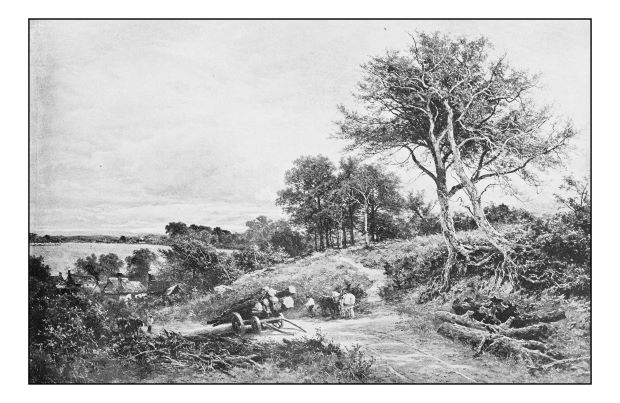
Atlantic Provinces
Our provinces; New Brunswick, Nova Scotia, Prince Edward Island, Newfoundland and Labrador, all share a deep rooted history that’s rich in a variety of heritages and cultures. The first settlers to our East Coast were Irish, Scottish, British, French and Indigenous Peoples. There was much promise for new beginnings; in the New World, and other cultures soon followed. The endless wooded spaces, scenic waterways and coastal lifestyle had much to offer. ‘Magine for a moment just how brave they had to be to venture so far away from their homelands.

Slang History
Definition: Slang is a slang word that is used primarily to shorten sentences.
- (noun) Informal spoken words/phrases, not a standard form of speech, a jargon unique to a specific group, communicated in code, playful, colorful, creative and often offensive.
- (verb) To attack verbally with foul language that’s mostly abusive.
- To sell something(I will slang signs.)
Slang was first identified by the British in the 1700’s; however, it had early beginnings in all cultures. It’s a spoken language that was used primarily in rural settings; by members of a lower class. Slang, by definition; is a Cant or a “secret language”. Its communicated by groups in their very own secret code. It’s sometimes known as a “Thieves Cant”. Because it was a special jargon used by criminals, gypsies, thieves, beggars and those associated with the underworld. Slang has since evolved over the years to be heard in both urban and rural settings everywhere. Nothing can compare to the slang spoken by a good ol’ East Coaster.

During these early years; our slang history was strongly influenced by tradesmen, fishermen, sailors, pirates, military, gangs and was often associated with a criminal element. Societies were a mixture of ethnic groups with varied class backgrounds, traditions and cultures. Each culture had their own unique slang words and phrases that was influenced by their spoken languages. In all of our communities; slang ( in various forms) was heard everywhere.

Slang was not usually spoken in the higher social classes; it was considered to be impolite, and “on the edge”. Slang is and was a counter culture language that’s considered to be below the standards of educated speech. Even though; it was probably used by all when in familiar or less formal settings. Although slang had rural beginnings; it is now present in every subculture worldwide. People within their own factions still identify themselves within their group; by the use of their slang. No matter where y’all are in the world; y’all will know an East Coasters’ in the room when you hear ‘em talkin’.

East Coast Living
The East Coast of Canada or The Maritimes; means “of the sea”. Our provinces, communities and people are all connected by the various waterways found here. In early beginnings it included NB, NS and PEI. This area later became known as The Atlantic Provinces which then included Nfld & Lab. {Y’all know this stuff so I will skip the history lesson}. Society included a variety of ethnic groups. The economy relied on natural resources in fishing, farming, logging, mining, trading and milling. The pioneers were laborers, farmers, craftsmen, tradesmen and fishermen. Imagine living life then. Long journeys across the ocean and arriving on unknown shores with no supplies. Then travelling for miles up the waterways by barge or across dirt roads by horse and cart. That took days, weeks and months to reach their destination. Then began the hard task of settling their land, building a home, growing food and earning an income to sustain families. Pioneering was no easy feat, hard labour and came with much hardship.

Milling and logging on the Coast http://www.gallantfoto
All these factors influenced our language and some of these sayings are still spoken today. These sayings; from each culture, blended into communities everywhere with some being unique to specific areas. Depending where you travel; an interpreter might help. Oh how wonderful to have lived back then to hear the spoken words of our ancestors with their rich accents. Spend some time here on the East Coast and you may go home talkin’ like an East Coaster.
